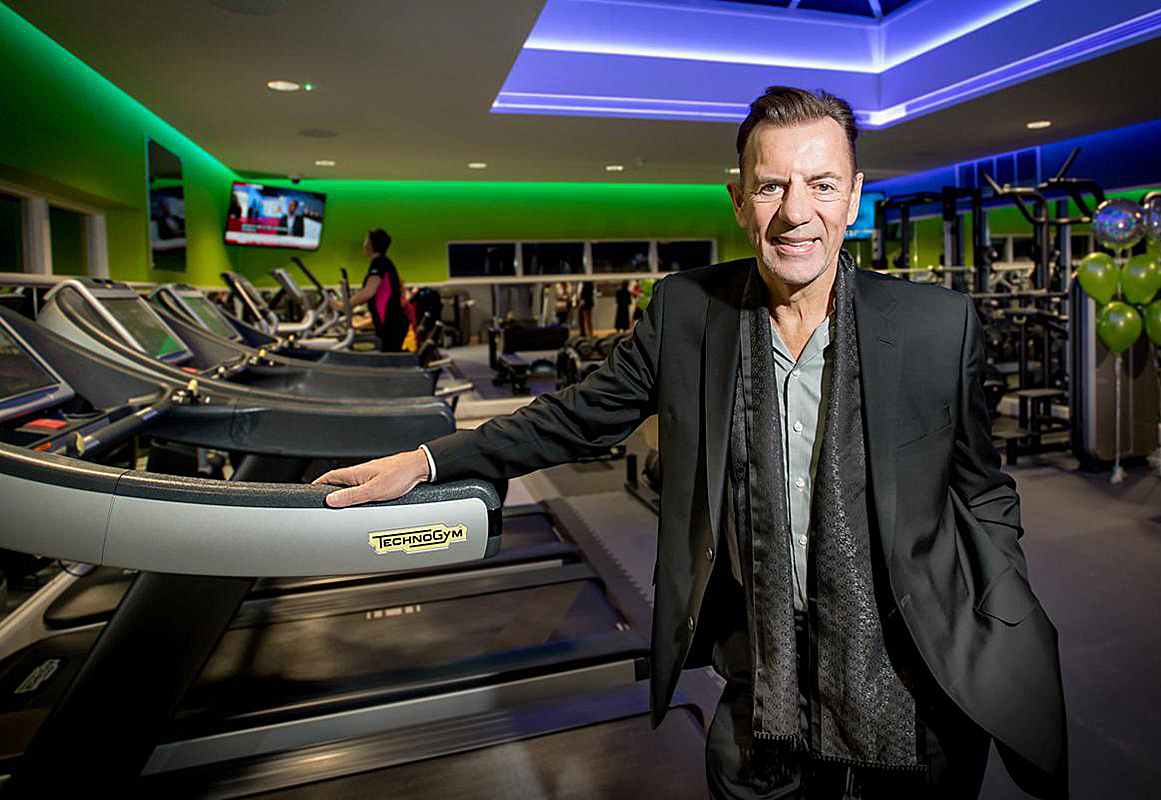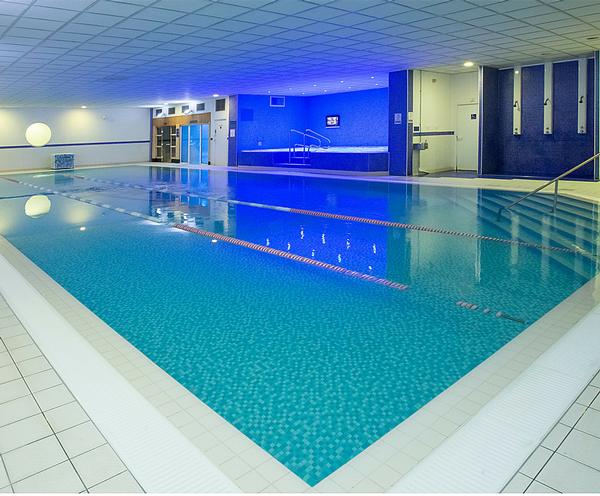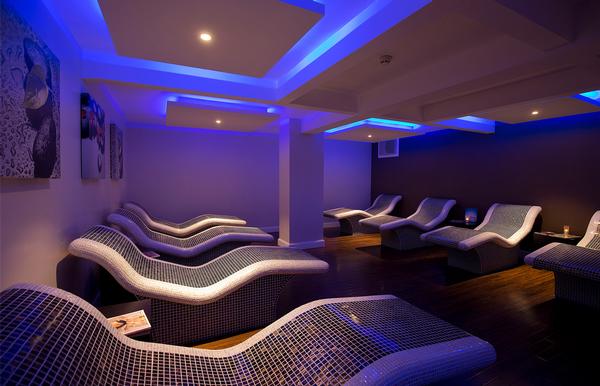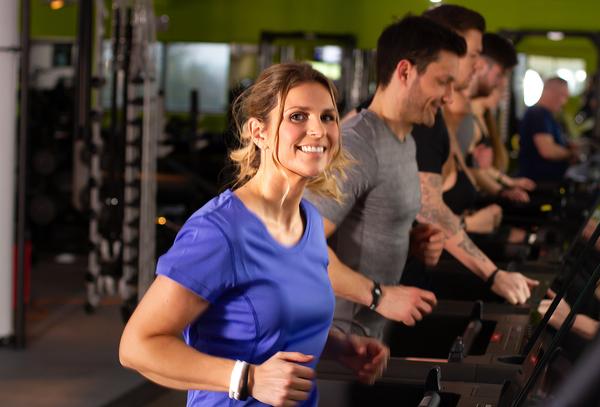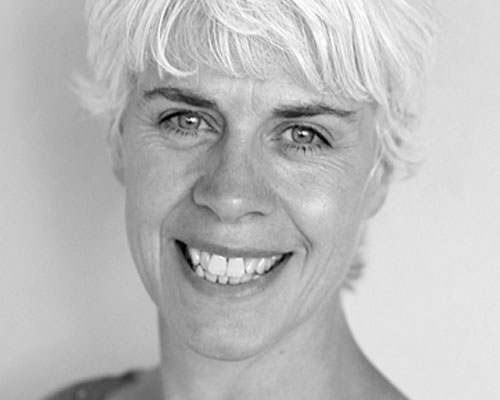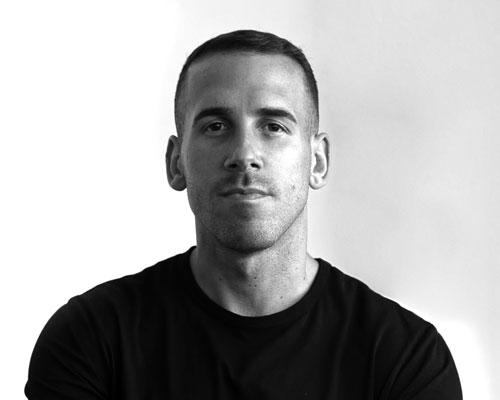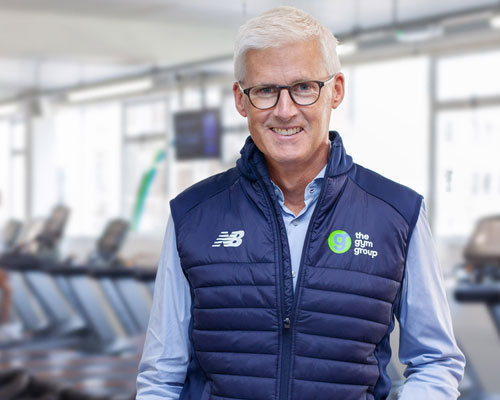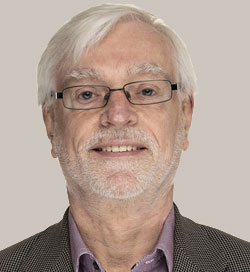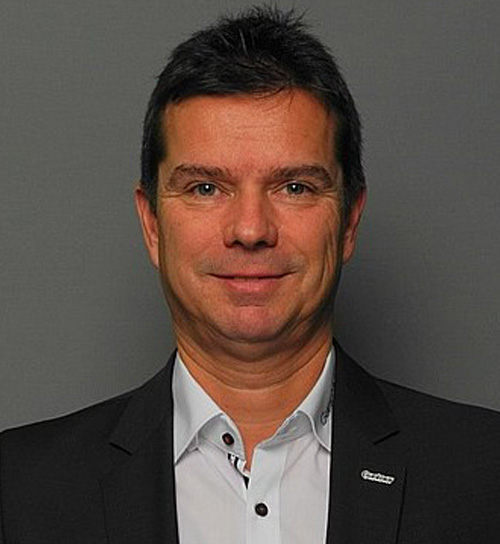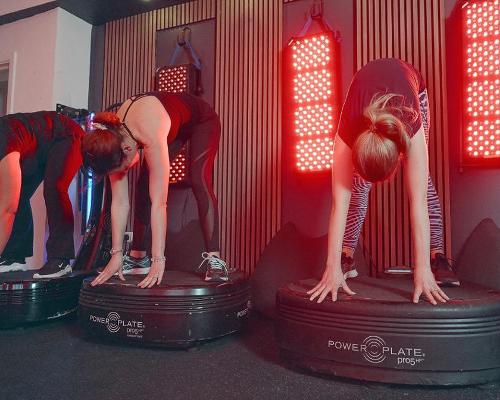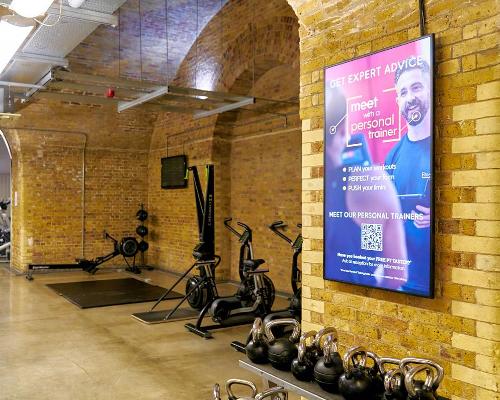features
Interview: Ken Campling
Amid reports of a bid to buy the business, HCM was keen to get an update on the state of play at the Bannatyne Group. We sent Kate Cracknell to (virtually) speak to the FD
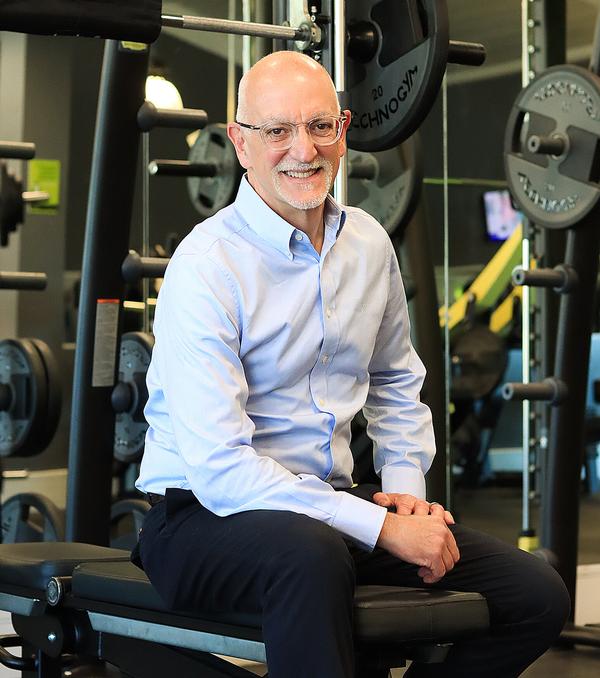
On 10 April, it was reported a US operator had made an unsolicited offer of £250m to buy Bannatyne – an approach Duncan Bannatyne, founder and CEO, says he rejected. His observation was: “It’s quite surprising that someone’s made an offer, given the current circumstances.”
It seems the door is not closed, though, as in the same news reports, Bannatyne indicated he would leave the business if he accepted an offer, saying: “The ball’s in their court. I would need to feel it’s going to a good home and that I’m getting good value for it.”
When it comes to valuation, in spite of Bannatyne having injected £10m into the business, the group is carrying debt into 2021 as a result of lockdown, so it will be interesting to see what – if any – further offers are made.
While the company has made it clear it will give no further statement on the subject, we felt now would be a good time to speak to Ken Campling – de facto CEO – for an overview of the business in the aftermath of a year of disruption.
Campling joined Bannatyne following an £8m fraud case against the previous FD who received a prison sentence for the crime. He has been charged with steadying the ship and works closely with Duncan Bannatyne on a “daily basis”.
Tell us about the impact of COVID-19
As with most companies in the leisure industry, we suffered greatly through the three lockdowns.
In terms of financial performance, in our last year pre-COVID – ending December 2019 – we made a pre-tax profit in the region of £12.5m. For the year ending December 2020, we’re likely to report a pre-tax loss in the region of £20–21m.
Each month we were closed in the UK’s latest lockdown cost us roughly £2.5m and from the first quarter of this year, we have pre-tax losses of around £7.5m to start clawing back now we’re open again.
How are membership numbers looking?
As a group-wide figure we’re talking in the region of 34–35 per cent total attrition over the year of on-off COVID lockdown – March 2020 to March 2021. That equates to around 70,000 members.
The majority were lost as we came out of the first lockdown: even though people were allowed to freeze their membership, we dropped to around 78 per cent of pre-COVID levels quite quickly. We started to grow again over the summer of 2020, although it was difficult to assess a consistent trend due to different lockdowns in different regions coming at different times.
By September, however, and even with a reduced membership, gate swipes were getting back to being not far off normal for that time of year, and we started to see more of our members returning too.
But with the subsequent lockdowns, we dropped again – to 75 per cent of previous member numbers by the second lockdown, and 65 per cent by the end of the third.
Attrition rates vary from club to club, of course, with city centres faring worse than more rural, less commuter-based sites. At one of our London and one of our Birmingham clubs, for example, you’re talking nearly 50 per cent attrition. In places like Broadstairs, where we have a long-established, slightly older member base, attrition has been as low as 20 per cent.
So age has played a role in attrition?
More important than the age of the member has been the regularity of their visits, especially in the early days after each re-opening.
We have a lot of members who usually come to the club four to six times a week, and these are the members who’ve stayed and who were straight back each time their club reopened. I could recognise most of the faces in my local club yesterday, because they’re the members you see every time you’re in. Some members have been with us ever since our first club opened in Ingleby Barwick 21 years ago.
Our members generally are very engaged – pre-COVID, our lifetime membership average was running at around three years.
How did the lockdowns impact your team?
We have 2,500+ staff, so it’s been tough. We made regular staff welfare calls to retain a sense of community, and of course the government’s furlough scheme has been essential to job preservation, particularly for our part-timers and the 1,000 staff in our demand-driven spas.
We’ve permanently closed two clubs – Birmingham Priory and London’s Russell Square – which brings our estate to 71. Both were coming toward the end of their leases and, with small footprints and no spa, neither was our typical Bannatyne model.
In total, we lost 149 jobs through the lockdowns. However, we’ve protected 2,560 jobs and we’ve been bringing people back from furlough as clubs have re-opened.
How did you navigate the crisis?
We took action very quickly with our landlords, approaching them to try and work with them. We have 39 very long leases with M&G, who we refinanced with back in 2014 and we agreed a strong payment plan with them early in the first lockdown.
Of our 24 other landlords, only one hasn’t given us rent waivers, payment plans or re-gearing where we have leases with less than 10 years to run.
In total, we’ve mitigated over £3m of rent, which in many locations is equivalent to up to six months’ rent waived by co-operative landlords.
We also had the rates-free period and we’ve taken advantage of the CLBILS (Coronavirus Large Business Interruption Loan Scheme) facility. Working with our core bankers, NatWest, we now have £24m of CLBILS loans on-board, which we’re budgeting to pay back over two-and-a-half years.
All directors took a 12.5 per cent pay cut and in the last lockdown were furloughed down to two days a week. These pay cuts will remain in place until loans are paid back, as will the freeze on dividend payments to Duncan Bannatyne.
Operationally, over the waves of lockdown we’ve become more familiar with how to mothball an entire estate of clubs and bring them quickly back up-to-speed – both things we’d never had to do before. The vast majority of our new COVID-19 Standard Operating Procedures were introduced first time around – meaning staff and members are also more used to them now – but we’re still learning all the time, finding ways to do things better. Even with things such as sanitising the studio, on each re-opening we’ve found better ways to do it, slightly different techniques, different products that enable us to turn the studios around quicker.
Will you review your product offering?
We introduced online fitness during the first lockdown and have had 864,449 visits to our YouTube channels, where our instructors live-streamed classes from wherever they are. We also offered Les Mills On Demand to members for free for 60 days, and around half-price thereafter. At its peak, we had over 12,000 LMOD subscribers.
We’re now launching a digital membership in the next couple of weeks, aimed at people who perhaps aren’t ready to come back to the gym. Priced at £9.99 a month, it will be a bit of a revenue generator for us, but it’s designed primarily to entice people back rather than keep them working out at home.
I imagine we’ll have a digital form of membership from now on – why wouldn’t we? – but looking after customers in our own premises is what we do best, and will always be our priority.
As we re-open, we’re also tweaking our Start Smart programme to create a new Recover Smart programme. All returning members can use our In-Body scales, which will establish exactly where they’re at physiologically, and we can then tailor a 12-week programme to their needs, checking in every three weeks.
Particularly for those who’ve had COVID-19, it will be a great support – albeit a light touch as COVID interventions go. We’re not going to pretend, to ourselves or anyone else, that we’re a medically-based business.
What’s the big picture strategy as you rebuild?
The main strategy will be positioning ourselves as a wellness provider, which I believe can be a USP for us.
It’s very easy to pitch yourself as a gym or health club or spa, but we have all the elements needed to look after people’s wellness. This facility mix is why – although people try and pigeonhole us as a mid-market provider due to our price tag – I don’t think we are.
We have gyms, but we also have physiotherapy on every site, café bar areas for a social element and spas at 48 of our clubs. We want to integrate the offering around these and get that holistic message across.
It suits our member profile, too. We’re never going to be a hard-edged, purely workout- based product. We’re never going to have 26,000sq ft clubs catering for 6,000–7,000 members. Our members will always have space to relax, space to experience the spa, space to enjoy the café bars. That’s what we’re all about, and it’s why we’ll be adding more of our facilities to more of our older clubs – spas, for example, where these don’t currently exist.
We’ve perhaps been guilty in the past of not looking at our business as one entity, but rather as separate departments – a gym here, a spa there, a physio there. We need a change in mentality, and this is what I’m trying to instil in the whole team, from the top down.
We need to train our staff so they know more about each part of the business, and we need to be more persuasive with our members. I want them to understand it isn’t just about fitness, but about feeling better as a person – physically and mentally – and that taking advantage of more of our complementary services will help them achieve this.
It’s early days, but the long-term intention will certainly be to create wellness programming that brings together the different aspects of what we do.
Would you ever build standalone spas?
Our spa product is currently more akin to a retail product than a subscription model and while we do sell spa access and treatments to aggregators, I don’t see it as a standalone product.
Our spas and gyms are joined at the hip. The spa benefits from there already being a pool, steam and sauna on-site, plus even the gym floor and yoga classes. Meanwhile, gyms with a spa are more profitable than gyms without: on average they add 20–25 per cent to the profitability of a location.
So spa is a great complementary product, and will hopefully become even more so as we reposition along wellness lines, encouraging more members to take advantage of even better prices than we give to aggregators.
What are your recovery and growth projections?
We haven’t been overly ambitious in our recovery plan, but – provided there are no further restrictions or a significant increase in infection rate – I expect us to be profitable at EBITDA level and cash-generative as a business as we come out of the summer.
Early sales have been very encouraging and while I know the trend will drop off slightly, I believe we’ll be profitable again, month by month, by the end of 2021.
One of the things that’s been most difficult for all businesses throughout the pandemic has been the lack of certainty. Having a roadmap is massively important in terms of planning, as well as getting the confidence back in our members, staff and key business partners.
I’m hopeful there could even be a ‘January’ this September, for example, once people are back from their UK staycations – perhaps even foreign holidays – and are thinking: ‘I’ve got to get back to the health club now’.
Of course, there have been a lot of job losses throughout the country, and that’s going to take a few months to settle down. But if we keep working carefully and effectively – and as long as we can keep the pandemic under control – I don’t see why we shouldn’t return to where we were.
We’re also back on the expansion trail, looking to acquire new sites by the end of this year.
As an independently owned and funded business, it will be a considered, careful growth pattern, but there’s certainly opportunity as we come out of the pandemic.
How long will the sector stay in crisis mode?
Speaking just for Bannatyne, I don’t think we ever felt we were in crisis mode. We’ve taken a very careful, structured approach to how we’ve managed ourselves through the pandemic, and I think we will stick to exactly the same management style as we come out of it. We’ll consider and take appropriate action in response to whatever the world throws at us.
There’s a euphoria in the sector at the moment around re-opening, but that will wear off quite soon and then it will be back to the fact that the better-run businesses will do better. That’s always been the case and I don’t think it will ever change.
I do think all businesses in our sector will need to look at making themselves more resilient, more able to withstand further stormy weather if it comes along. But equally, we’ve seen some great things over the past year – everything from Joe Wicks to workouts in the park. People have tried to keep fit, healthy and active and new people have come to the sector because they’ve had time on their hands to engage.
We also have a sector that’s now better distributed to drive penetration – from budget operators that can encourage people in at a low start rate to premium operators offering a more extensive service.
All of this makes me very optimistic for the future. If we can get as many facilities back open as we can, as quickly as we can, and stay in control of our own destinies, I’m very confident we’ll succeed again.
Editor’s note: This interview took place on Tuesday 13 April, the day after clubs in England were allowed to re-open for indoor workouts.
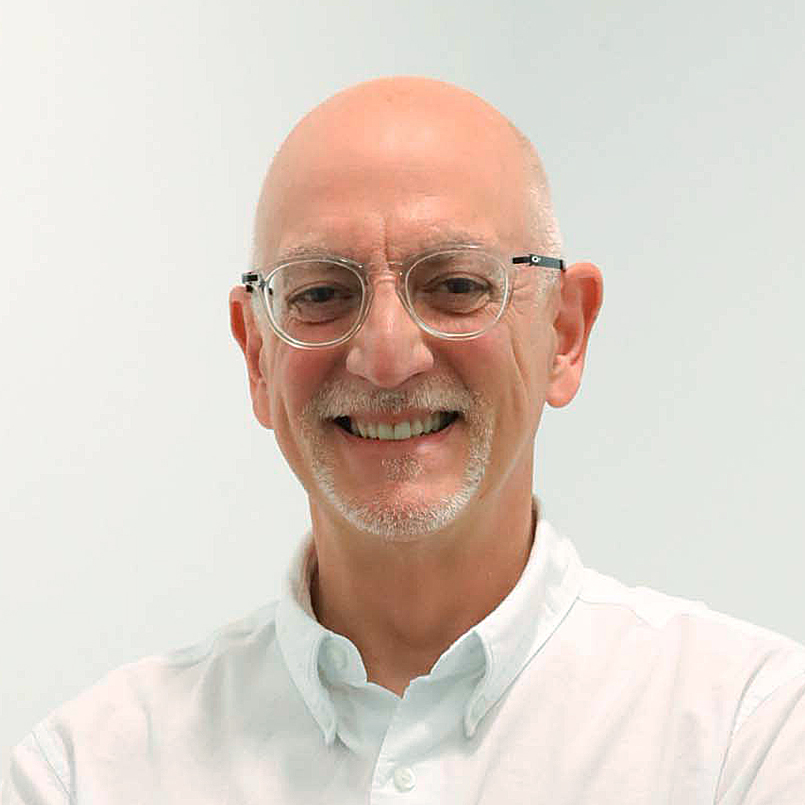
"Each month we were closed in the latest lockdown cost us roughly £2.5m and from the first quarter of this year, we have pre-tax losses of around £7.5m to start clawing back now we’re open again" – Ken Campling
"I’d need to feel the company is going to a good home and that I’m getting good value for it" – Duncan Bannatyne
